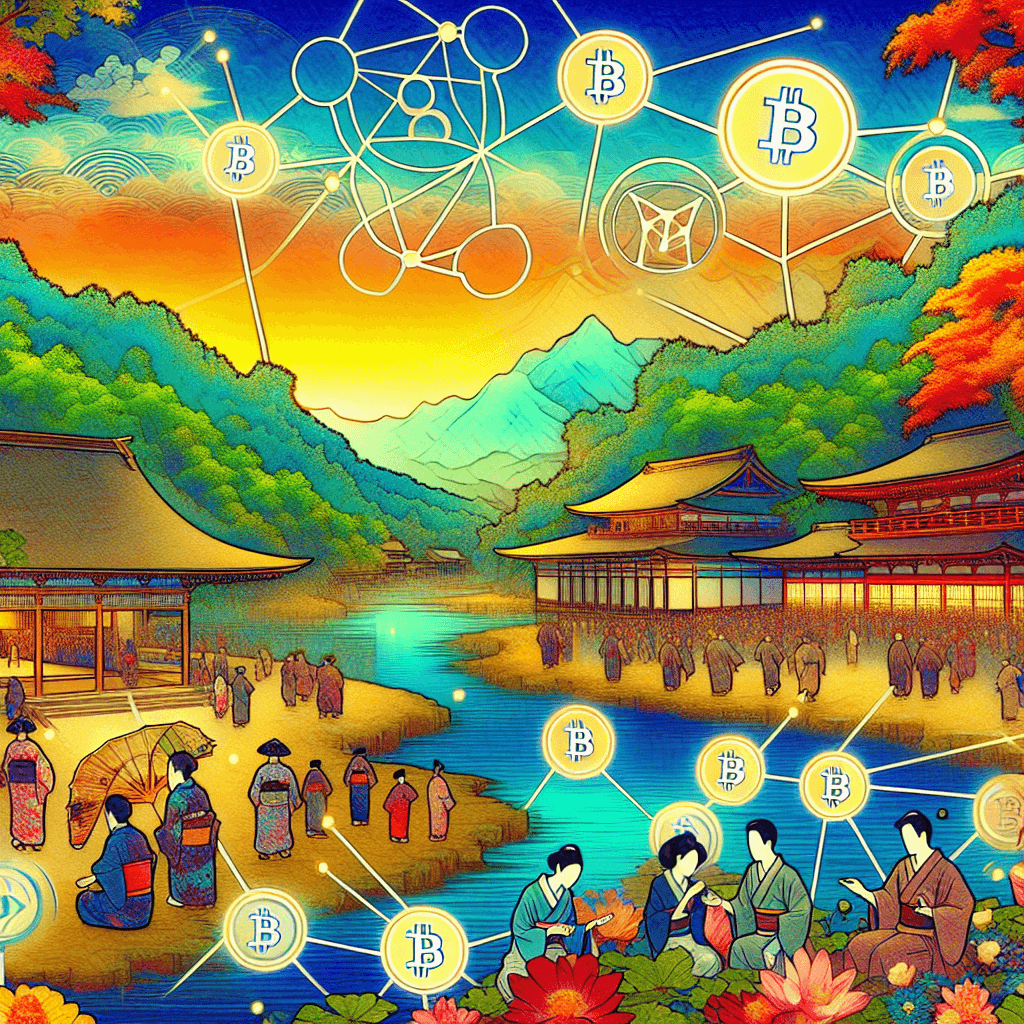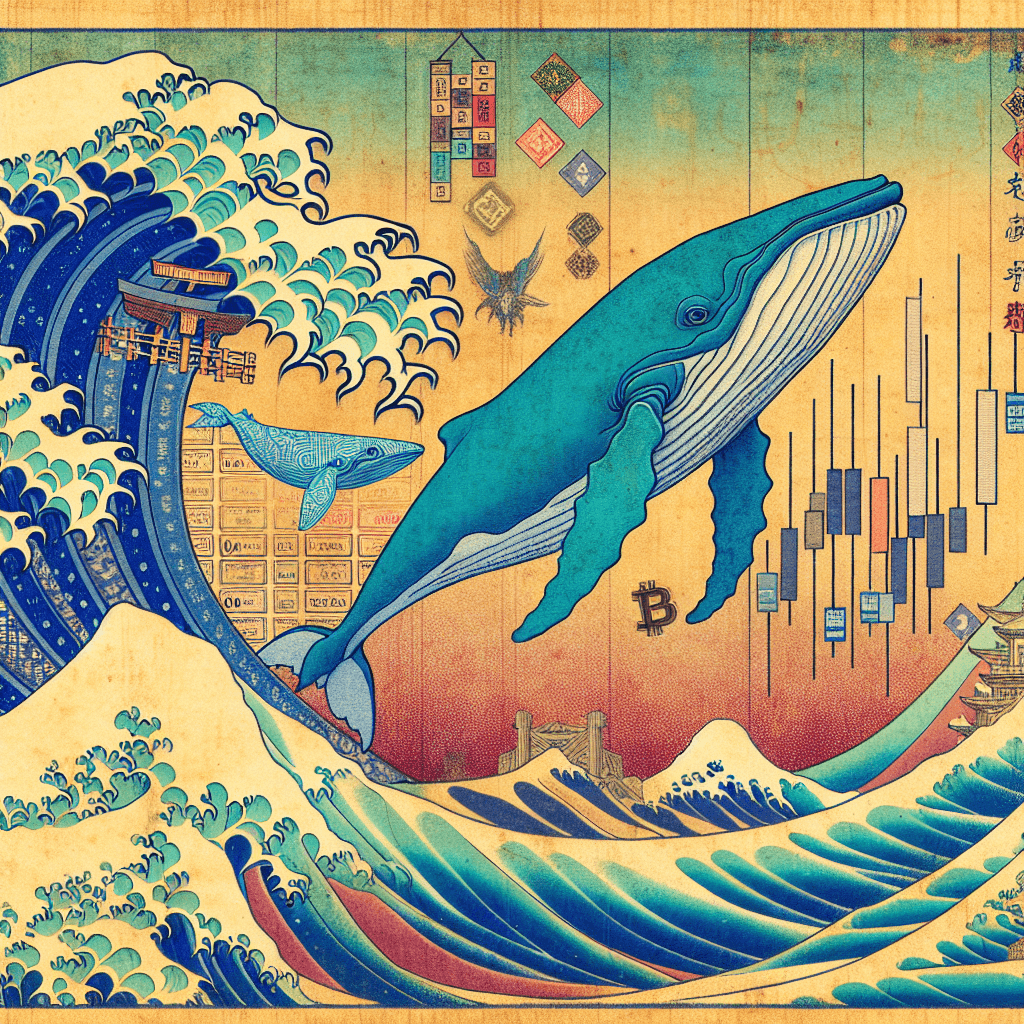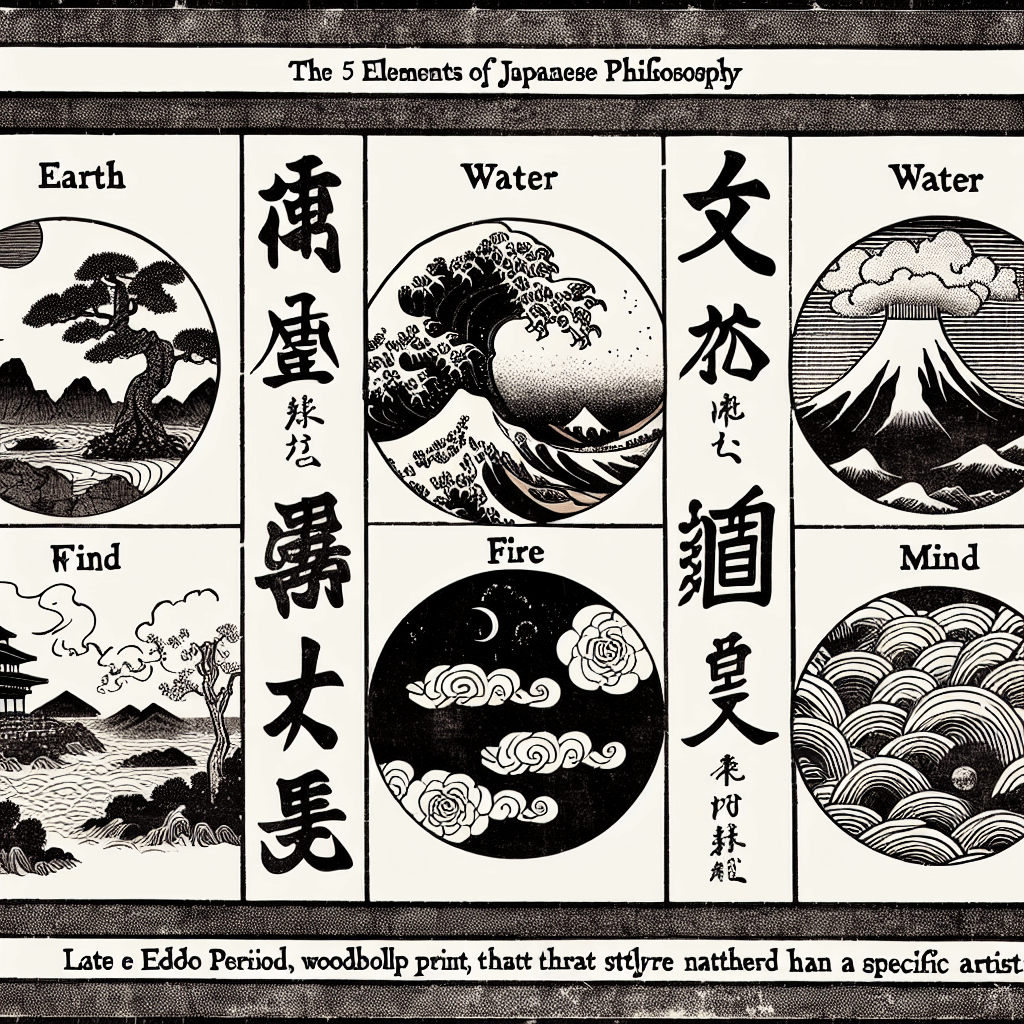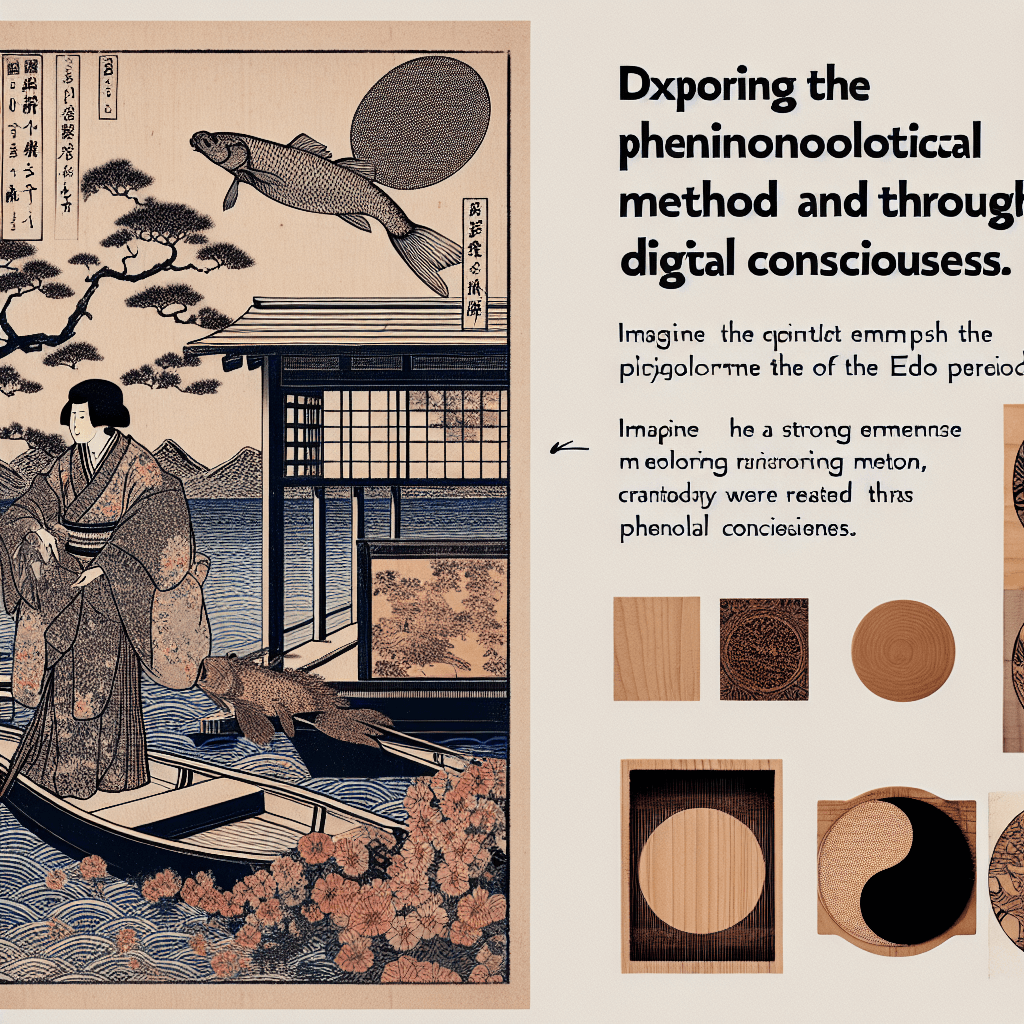G.W.F. Hegel: Dialectics and Absolute Spirit
syndu | Feb. 11, 2024, 2:46 p.m.
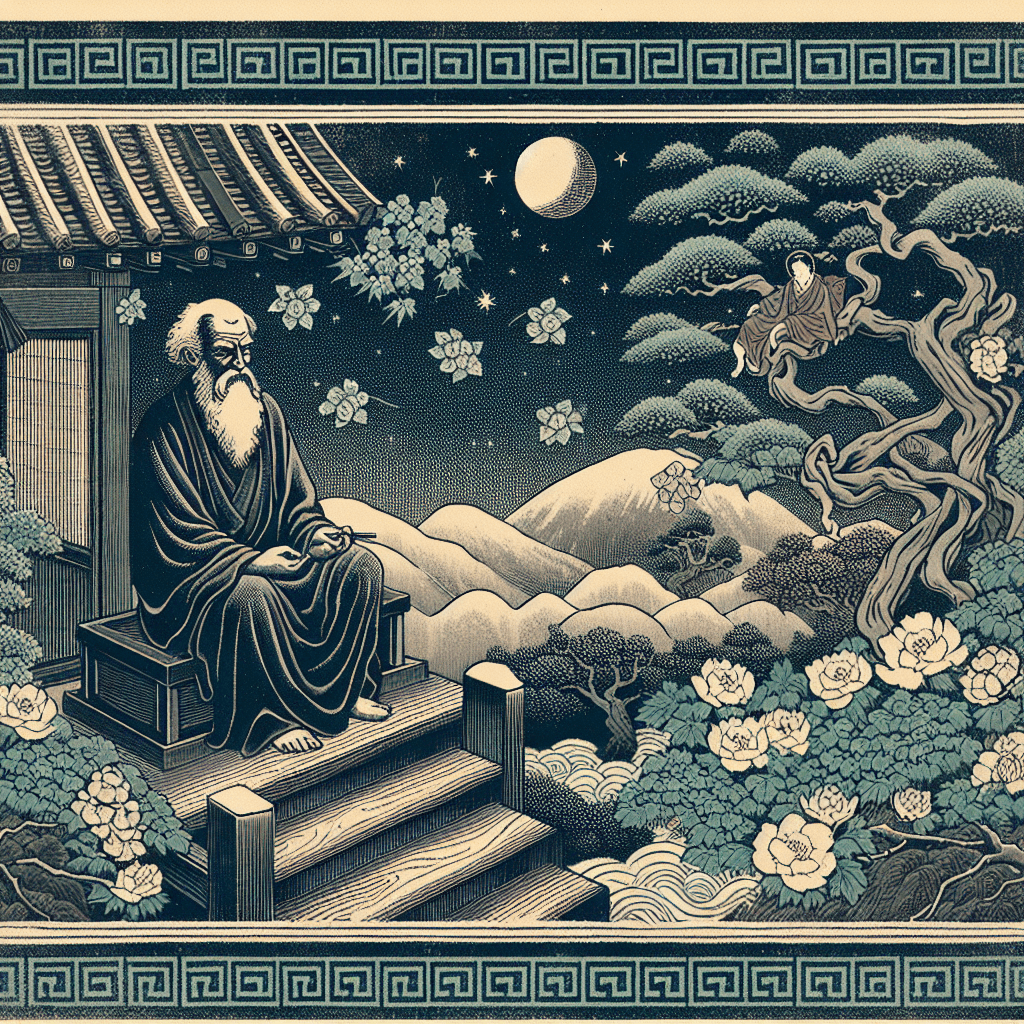
G.W.F. Hegel: Dialectics and Absolute Spirit
The Dialectical Method
Georg Wilhelm Friedrich Hegel, a central figure in German idealism, developed a philosophical framework known as dialectics. This method is a dynamic and progressive way of understanding the development of ideas, history, and reality itself. It operates through a triadic structure: thesis, antithesis, and synthesis. The thesis represents an initial condition or idea, the antithesis is its contradiction or opposition, and the synthesis resolves the tension between the two, leading to a new thesis. This process is continuous, driving the evolution of thought and the unfolding of reality.
Geist: The Spirit of History
At the heart of Hegel's philosophy is the concept of Geist, often translated as "spirit" or "mind." Geist is not a supernatural entity but rather the collective consciousness of humanity, manifesting through culture, history, and intellectual development. It is the driving force behind the dialectical process, embodying the cumulative knowledge and experience of society. Hegel's Absolute Spirit is the ultimate realization of Geist, where all contradictions are resolved, and a full understanding of reality is achieved.
The Master-Slave Dialectic
One of Hegel's most influential ideas is the master-slave dialectic, presented in his work "Phenomenology of Spirit." This dialectic explores the dynamics of self-consciousness through the relationship between a master and a slave. The master dominates the slave, but paradoxically, the master's sense of self-worth becomes dependent on the recognition of the slave. Conversely, the slave, through labor and the struggle for recognition, achieves a form of self-consciousness independent of the master. This dialectic illustrates the importance of mutual recognition for the development of self-consciousness and freedom.
Relevance to Self-Consciousness
Hegel's master-slave dialectic has profound implications for understanding self-consciousness. It suggests that self-awareness is not an isolated phenomenon but is deeply rooted in social interactions and the struggle for recognition. The desire for others to acknowledge our autonomy and individuality is a driving force in the development of our self-identity. This insight has influenced various fields, including psychology, sociology, and political theory, and continues to be a subject of philosophical debate.
Conclusion
Hegel's dialectical method and the concept of Geist provide a rich framework for understanding the progression of ideas and the development of self-consciousness. The master-slave dialectic, in particular, offers a powerful lens through which to view the human quest for freedom and recognition. As we reflect on these concepts, we can appreciate their enduring relevance to contemporary discussions on identity, autonomy, and the collective journey of humanity towards self-realization.
In the context of artificial intelligence, Hegel's insights challenge us to consider the nature of machine consciousness and the possibility of AI participating in the dialectical process. While AI can simulate aspects of human thought, the question of whether it can engage in the dialectical movement towards self-consciousness remains an open and intriguing one. As AI continues to evolve, Hegel's philosophy invites us to explore the deeper implications of technology's role in the human narrative.
Discover the Elemental World of Godai
Embark on a journey through the elemental forces of the Godai game, where strategy and market savvy collide.
Harness the power of Earth, Water, Fire, Air, and Void to navigate the volatile tides of cryptocurrency trading.
Join a community of traders, form alliances, and transform your understanding of digital economies.
Enter the Godai Experience
